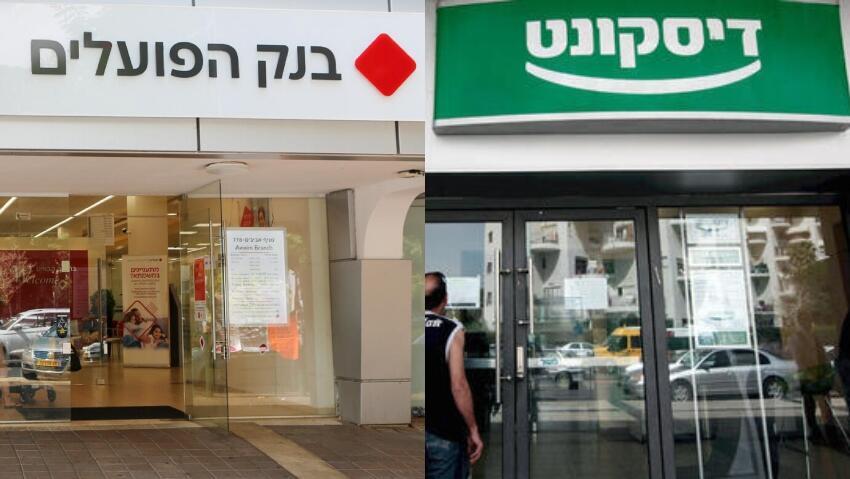“In light of the Palestinian Authority’s campaign to delegitimize the State of Israel internationally, I have instructed Accountant General Yali Rothenberg to revoke the indemnity granted to correspondent banks operating with banks in Palestinian Authority territory,” Finance Minister Bezalel Smotrich announced late Tuesday night.
If implemented, the directive would carry dramatic consequences: the cessation of cooperation between Israeli banks and those under Palestinian Authority jurisdiction. The move could potentially lead to the economic collapse of the Palestinian Authority.
Smotrich's statement didn’t emerge in a vacuum. Earlier that day, five countries — the United Kingdom, Australia, New Zealand, Canada, and Norway — announced sanctions on Smotrich and National Security Minister Itamar Ben-Gvir, citing "incitement to violence against Palestinians." The sanctions bar them from entering those countries and prevent financial institutions from offering them any services, echoing measures previously imposed on Russian officials after the invasion of Ukraine.
So what exactly is the indemnification system, which Israeli banks are involved and who stands to lose if the directive takes effect? Here’s a breakdown.
Currently, only two Israeli banks — Bank Hapoalim and Bank Discount — maintain direct financial dealings with Palestinian banks, managing transfers and providing services.
A correspondent bank is essentially a financial institution that acts on behalf of another in a different country, facilitating international transactions, issuing letters of credit, processing payments and managing foreign currency accounts.
Indemnification in this context refers to a local bank's formal commitment to cover any losses, legal claims or expenses incurred by its foreign correspondent bank while conducting transactions on its behalf — especially in cross-border dealings.
For example, if an Israeli bank instructs a correspondent bank in the UK to execute a money transfer, the foreign bank may request a letter of indemnification, ensuring that if any legal issue arises — say, a money laundering allegation — the Israeli bank would compensate it for any resulting damages.
Get the Ynetnews app on your smartphone: Google Play: https://bit.ly/4eJ37pE | Apple App Store: https://bit.ly/3ZL7iNv
The practical impact of Smotrich’s directive would be significant: once Bank Hapoalim and Bank Discount stop providing indemnification to Palestinian banks, experts warn that the Palestinian Authority's financial system could swiftly unravel.
You might be asking yourselves if this is legal?
Well... technically. The global correspondent banking framework rests on mutual trust between financial institutions and adherence to international standards, but nothing in law directly bars Smotrich’s plan. However, putting it into practice would likely draw sharp criticism from international banking organizations and the World Bank, and trigger intense diplomatic pressure on Israel from multiple countries seeking to block the move.
Can Smotrich act on his own authority?
Not entirely. While he can sign the order, implementation requires approval from Security Cabinet ministers, who would have to vote on the measure. Given its far-reaching consequences, securing smooth passage would likely prove difficult, as Cabinet members are fully aware of the risks involved.
Would Israeli companies also feel the fallout?
Bankers say absolutely. Many Israeli businesses maintain commercial ties with Palestinian clients. For instance, if an Israeli manufacturer sells food products to a merchant in Nablus, that merchant would no longer be able to make payments through Palestinian banks. “The order cuts both ways,” one source told Ynet, “and would severely affect companies and stakeholders in Israel as well.”




